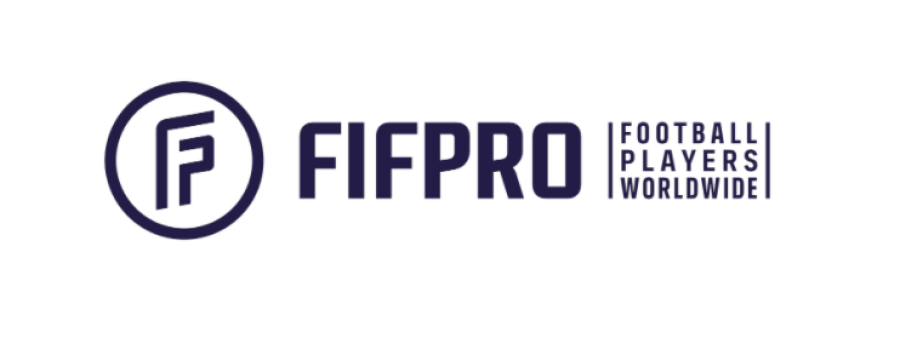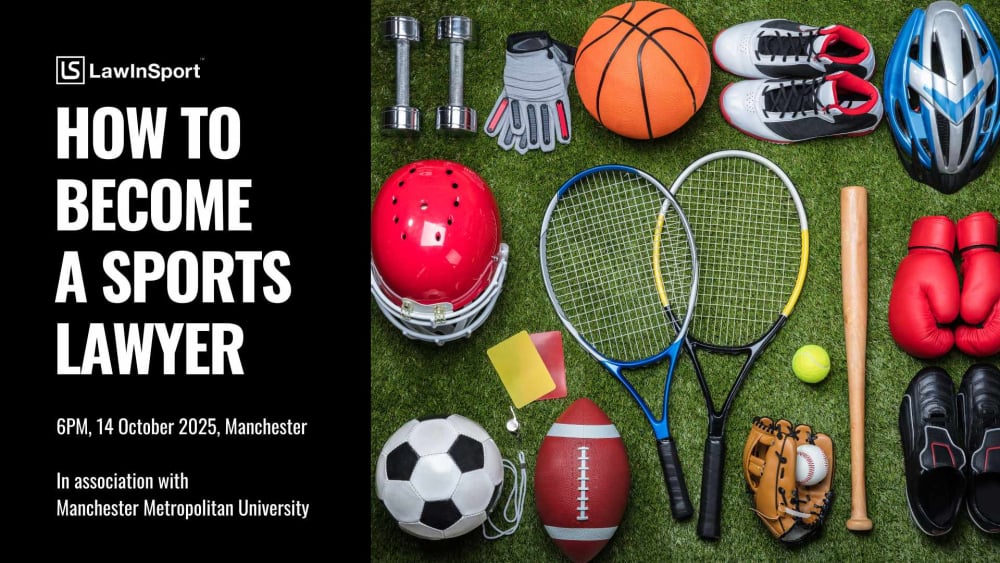Portuguese PLayer Union is fighting back against trafficking
- Portuguese player union is working with the national government and football federation to fight trafficking of footballers.
- Fake agents or scouts routinely trick semi-professional or amateur players into travelling to Europe only to find humiliating conditions
- The player union SJPF is seeking much stricter legislation to punish scammers
The Portuguese player union is working with the government and football federation to fight back against the trafficking of footballers from outside Europe.
“Portugal is a gateway to Europe,” says player union lawyer João Oliveira, who has helped dozens of foreign players who have arrived with high expectations only to face terrible conditions bordering on slavery. Footballers, for example, from Argentina, Brazil, Colombia and Nigeria.
In several cases, people posing as agents or scouts promised these players a contract or a trial with a club. On arriving, after a long journey to Portugal, they find out they have been scammed and need financial help to get back home.
Sometimes, players are tricked by a club owner or agent into signing a contract as an administrative assistant at an amateur football club they control, or with a company in a non-football business, in order to acquire a working permit. After travelling halfway around the world, find themselves stranded. They are put up in a house with other foreign players, given one meal per day and threatened if they complain about not receiving a salary.
Oliveira has heard many dramatic stories. Players calling the SJPF, saying they were abandoned by their agent, with no club, no place to live in, no money, little food and no valid visa.
“They are young, uneducated and poor,” Oliveira said. “Most have never played professional football, and probably don’t have the quality to be a professional.”
Earlier this year, the Portuguese border security service said it had detected 110 players without valid visa or working permit. It found representatives of ten lower league clubs were involved with illegal immigrations.
“It is a structural problem in Portuguese football and it has intensified in recent years. Sometimes human trafficking networks are involved.”



